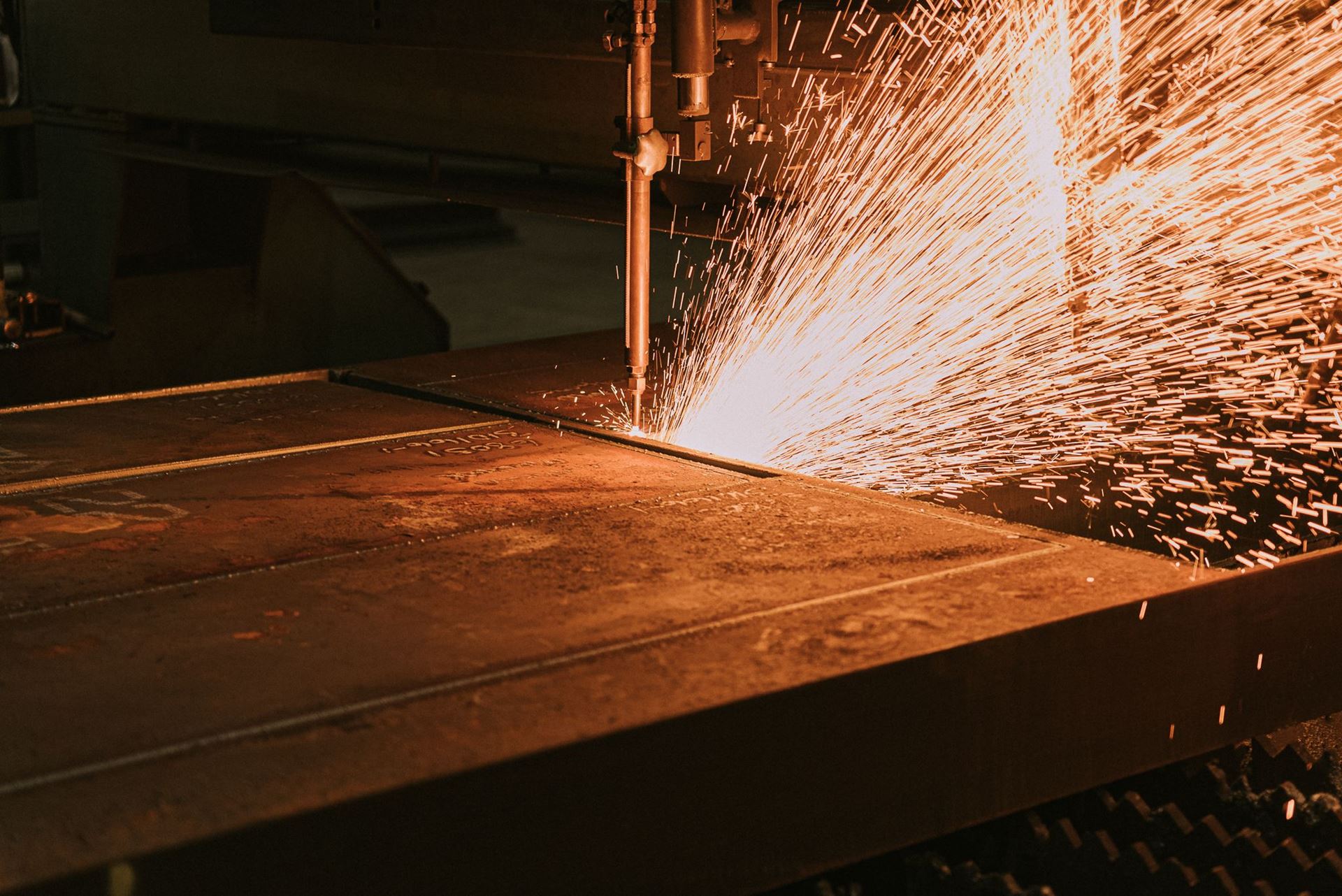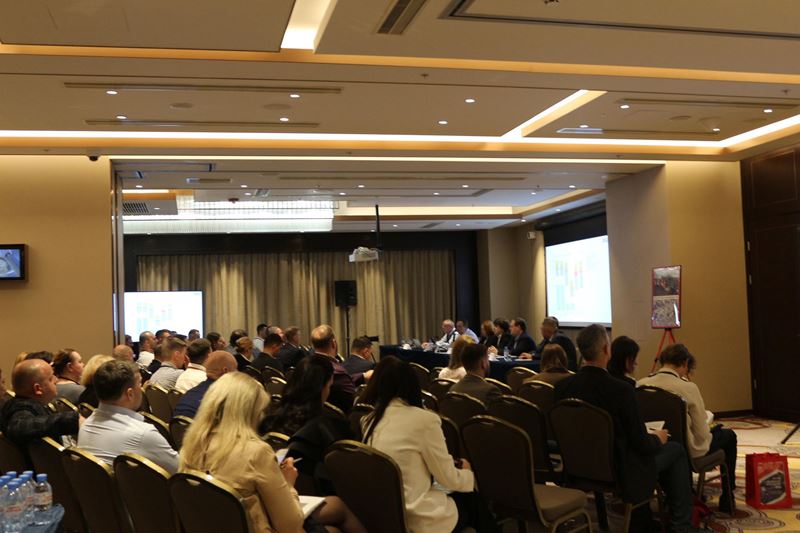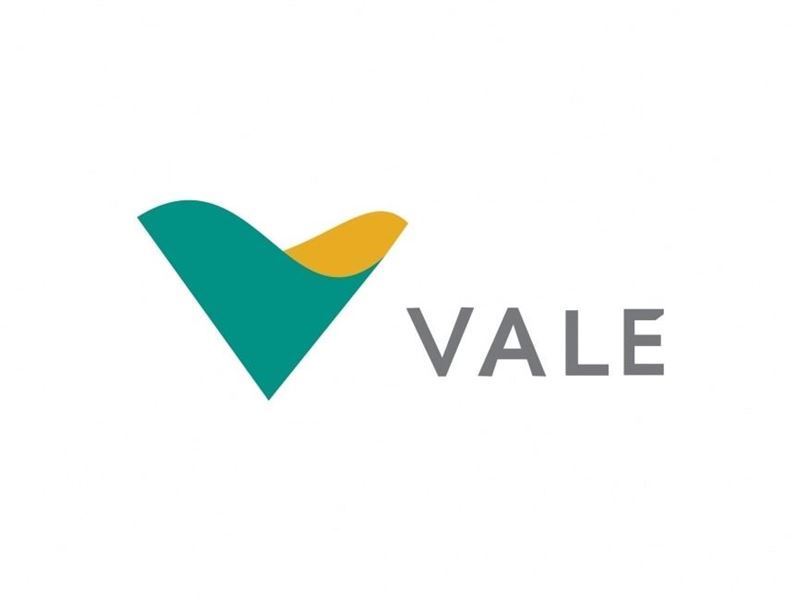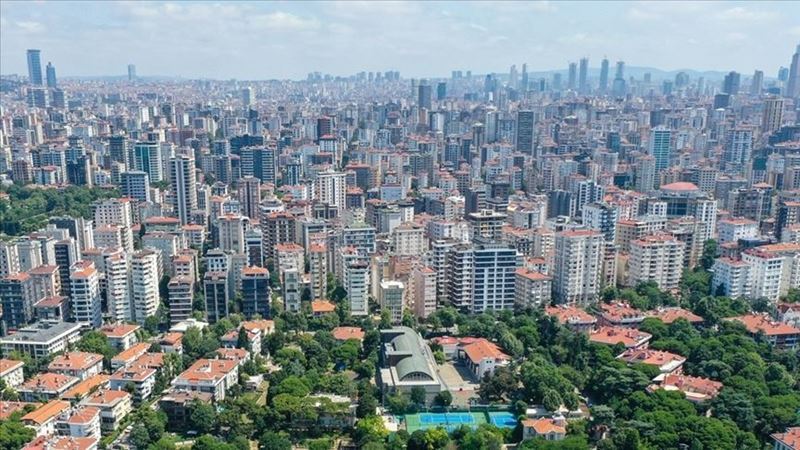The Ministry of Trade, Industry and Energy (MOTIE) announced that it will review temporary tariffs on Chinese steel products, especially heavy plates, following a complaint filed by Hyundai Steel in July and an industry damage investigation launched in October. The ministry plans to make a preliminary decision in January and for the temporary duties to come into effect in February.
According to the Korea Iron and Steel Association, steel imports from China reached 7.36 million tons in the January-October period of 2024, a 37.3% increase from the previous year. The number of thick steel plates, which constitute a significant portion of these imports, increased to 1.16 million tons in the same period, a 7.35% increase from the previous year. The fact that products from China are generally 10% cheaper than South Korean production, and this difference is as high as 25% for thick plates, has put serious pressure on domestic manufacturers.
This situation led Hyundai Steel to close its Pohang No. 2 plant, and POSCO to shut down its No. 1 wire rod plant, which has been operating since 1979, and its No. 1 steel plant in July.
China’s overproduction and aggressive export policies stand out as the main source of crisis for the domestic steel industry. Officials have warned that if US-China trade tensions escalate, China could overproduce and dump more steel on the market. While countries such as the European Union and Canada are taking similar measures to limit steel imports from China, the South Korean government is also drawing attention to the importance of temporary tariffs for the sector to survive.
Local producers are struggling to compete with low-priced steel products from China as they try to meet heavy demand in the construction sector. Government officials say these temporary measures are aimed at easing the pressure on the domestic industry.











Comments
No comment yet.